Let’s get one thing straight— people-pleasing in addiction recovery doesn’t make you a bad person. On the contrary, many of us in addiction recovery start out with the best intentions. We want to help. We want to fix things. We want to make up for the pain we caused or the negative emotions we stirred up in others when we were using.
But somewhere along the way, our desire to be a good person turns into a type of behavior that harms more than helps. Constantly pleasing others, putting the needs of others before our own needs, and ignoring our true feelings become a habit—one we justify with all the right reasons.
“I don’t want to hurt their feelings.”
“I just want to be a good friend.”
“I don’t want them to think I’ve changed in a bad way.”
“I have spare time—what’s the harm?”
Sound familiar?
The First Step: Admitting I Was a Chronic People Pleaser
I didn’t always recognize my people-pleasing in addiction recovery tendencies. In fact, I thought they were a good thing—a sign that I was healing, becoming more compassionate, living my values. I hadn’t been so caring, compassionate, and empathetic during active substance use.
Deep down, I wasn’t honoring my own needs or my core values. I was breaking promises to myself to keep promises to other people in both versions of myself—one that gave much too much and one that gave very little.
The worst part? I was doing it all with a smile. You’d never know I was drowning by looking at my facial expressions. I had perfected the art of hiding my exhaustion, stuffing down my true self, and showing up for people who would never do the same for me.
I didn’t realize how often I said yes when I wanted to say no. How often I ignored my own coping mechanisms to accommodate the desires of others. I thought I was being helpful, but the truth? I was betraying myself every single day.
Living With an Empty Cup
There’s a saying: you can’t pour from an empty cup. Let me tell you, I tried.
For a long time, I let people sleep on my couch, borrow money I didn’t have, and dump their emotional baggage all over my living room floor. I turned myself into a shelter, a therapist, a free Uber, and an emotional punching bag—depending on the person and the day.
And for what?
I wasn’t helping anyone in a healthy way. I was just reinforcing their dependence and avoiding my own growth. What I needed was space. Time. Rest. Healing. I needed to add myself to my own damn to-do list.
The Root of My People-Pleasing Behaviors
Like many human beings who come from trauma or suffer from mental health issues, I had this deep-rooted fear of rejection. A chronic, gnawing fear of abandonment. A desperate craving for external validation because somewhere along the line, I learned that my worth was tied to positive responses from others.
That’s how unhealthy relationships form. And here’s the kicker—many of us develop these people-pleasing behaviors as survival tactics.
Maybe you grew up trying to appease an angry parent. Maybe you learned to become hyper-aware of interpersonal reactions just to avoid conflict. Maybe, like me, you came from an abusive relationship, or several.
Whatever the source, the result is the same: we begin sacrificing ourselves on the altar of being liked. We start ignoring our personal values, tolerating things that go against our core beliefs, and molding ourselves into whatever version of “nice” or “easy” other people prefer.
When Helping Becomes Another Addiction
Helping people felt good—until it didn’t.
When you’re used to feeling powerless, being the hero gives you a temporary high. I used to say yes to everyone because I wanted to feel needed. I was chasing that same old fix—control. Relief. Purpose. And it became one more addiction I had to recover from.
In some twisted way, pleasing others gave me a buzz. Nothing like the buzz I used to get from using. But just like drugs, it came with negative thoughts, emotional hangovers, and real-world consequences.
People started calling my job, threatening my safety, abusing my kindness. I kept trying to justify it—“They’re just going through something,” “They don’t have anyone else,” “It’s only temporary.”
Let me be clear: being a servant of Christ doesn’t mean becoming someone’s doormat. And being a life coach, helper, or healer doesn’t mean abandoning your own healing.
Why It’s So Hard to Say No
If you’re having a hard time saying no, I see you.
Maybe you’re scared someone won’t like you anymore. Maybe you’re afraid you’ll lose a family member, a trusted friend, or someone who leans on you. Maybe you don’t want to appear selfish or ungrateful for the second chance at life recovery has given you.
But here’s the truth bomb that shook me to my core:
You’re allowed to choose you.
You’re allowed to disappoint people.
You’re allowed to honor your current capacity.
And not only is that okay—it’s the best way to protect your peace, preserve your energy, and finally meet your deepest desires for freedom and growth.
Setting Healthy Boundaries: My Non-Negotiables
Let me tell you something I wish someone told me years ago: you can’t save anyone else until you’ve saved yourself.
I had to learn how to set boundaries like my life depended on it—because it actually did.
Boundaries don’t make you mean. They make you healthy. Saying no isn’t a bad thing. It’s the most authentic thing you can do. Your true self deserves that respect.
It started with baby steps:
-
“I can’t take on anything extra right now.”
-
“That’s not something I can help with.”
-
“I’m focusing on my personal growth and need to step back.”
-
“I’m not available to talk tonight. I need rest.”
And guess what? Some people walked away.
But the ones who stayed? They were the ones who loved me for who I really was—not what I could do for them.
Practical Advice for Breaking the Cycle
Here’s what helped me break free from the people-pleaser cycle:
-
Identify the Pattern – Look at your calendar. Your inbox. Your texts. Who are you always saying yes to, and why?
-
Reflect on the Why – Is it fear? Guilt? Habit? A need to control how others see you?
-
Get Clear on Your Core Values – Write them down. Use them as a compass.
4. Start Practicing Difficult Conversations – They get easier with time.
5. Try Mindfulness Activities – When you get in the habit of checking in with yourself, you’ll notice when you’re crossing your own lines.
6. Seek Support – A therapist, a support group, or even a solid, trusted friend can hold you accountable.
7. Cut Off What Doesn’t Serve You – That means people, too, even if they’ve been around a long time.
The Wake-Up Call
One day, I asked my six-year-old, “When do you see mommy do something for herself?” She thought about it and replied, “does a shower count?”
That moment gutted me.
Here I was preaching self-care, giving away free workbooks, and coaching others on how to heal, and the only thing I did for myself was take a shower.
That wasn’t a wake-up call. That was a fire alarm.
I had to start showing up for me. And not just when it was convenient or when everyone else was taken care of. I had to put myself at the top of the list—not last, not later—now.
I won’t lie to you. This is something I still struggle with pretty much daily. It’s not easy. For me, it’s so hard. I’m working on it, though. That’s all it takes. A commitment to make progress. You can do that. I know you can.
Final Thoughts: Do This for You
Listen, being a nice guy or a good friend isn’t about self-sacrifice at the expense of your sanity. It’s about showing up in a way that’s sustainable, that reflects your authentic self, and that allows you to live life on your own terms.
We get to a point when enough is enough. Being a people pleaser was not something I did when using. WHen actively using I tended more towards being a complete bitch. I didn’t want to get back there either. I know now it was a defense mechanism. It was how I protected myself. I may not have a friend in the world, but I don’t have to watch my back either.
If you have to watch your back with your friends, they are not your friends. Please don’t forget that. The same people I called friends are making fun of me, my blog, and my mission. Fuck em. I see them for what they are now. Jealous.
Please don’t waste the time I wasted figuring it out.
If you take one thing from this post, let it be this:
You are allowed to have limits. You are allowed to have needs. And you are allowed to put yourself first.
So, what I don’t have “friends” anymore, but I do have peace. I have clarity. I have my dignity back. And I’m no longer the unpaid emotional laborer for people who wouldn’t throw me a life vest if I were drowning. I see it so clearly now.
This isn’t easy, and it’s not supposed to be.
But it is worth it. I promise you. I am happier and lighter than I have ever been, and you will be too.

Post Off Quote
“Saying NO can be the most empowering word if you struggle with codependency, abusive relationships or low self-esteem.”
-Unknown

Post Off Affirmation
I'm not responsible for other people's feelings, no matter what they say to me. I don't have to go above and beyond for others to be worthy of their love.
Showing 91–119 of 119 resultsSorted by latest

Written by Samantha Bushika
More From This Category
Navigating Negativity: The Psychology of Negative Comments & Understanding the Critics
The article urges online users to understand the negative impacts of leaving demeaning comments on digital platforms. It emphasizes the important responsibility that comes with the freedom of expressing oneself, especially in the context of content creators who dedicate their efforts to create valuable content. It also delves into reasons behind leaving negative remarks, and offers tips to tackle such situations. The author further highlights the damaging ripple effect of online negativity and encourages a shift towards a more empathetic and respectful online space, urging individuals to become part of a “Turning Negatives into Positives Challenge”.

Overcoming Addiction: 58 of the Life-Changing Books That Inspired Me to Take Control
Addiction recovery is a lifelong journey that requires constant growth and development. Building resilience, personal development, and exploring purpose are among the topics I target when looking for life-changing books. These life-changing books provide practical...
The Dangers of People Pleasing in Recovery: How I Overcame It
If you have gotten sober and are finding out that other issues are beginning to surface and that you suddenly care about who likes you- keep reading.
The Benefits of Shadow Work with Free Prompt Journal PDF
Understanding our shadow is essential in creating self-awareness. Shadow work is a profound and transformative process that involves exploring the hidden aspects of your personality—those deep-seated fears, insecurities, and unresolved emotions that reside in the...
Complete Template
[dsm_perspective_image...
Navigating Negativity: The Psychology of Negative Comments & Understanding the Critics
The article urges online users to understand the negative impacts of leaving demeaning comments on digital platforms. It emphasizes the important responsibility that comes with the freedom of expressing oneself, especially in the context of content creators who dedicate their efforts to create valuable content. It also delves into reasons behind leaving negative remarks, and offers tips to tackle such situations. The author further highlights the damaging ripple effect of online negativity and encourages a shift towards a more empathetic and respectful online space, urging individuals to become part of a “Turning Negatives into Positives Challenge”.

Overcoming Addiction: 58 of the Life-Changing Books That Inspired Me to Take Control
Addiction recovery is a lifelong journey that requires constant growth and development. Building resilience, personal development, and exploring purpose are among the topics I target when looking for life-changing books. These life-changing books provide practical...
The Dangers of People Pleasing in Recovery: How I Overcame It
If you have gotten sober and are finding out that other issues are beginning to surface and that you suddenly care about who likes you- keep reading.
The Benefits of Shadow Work with Free Prompt Journal PDF
Understanding our shadow is essential in creating self-awareness. Shadow work is a profound and transformative process that involves exploring the hidden aspects of your personality—those deep-seated fears, insecurities, and unresolved emotions that reside in the...
Complete Template
[dsm_perspective_image...
Navigating Negativity: The Psychology of Negative Comments & Understanding the Critics
The article urges online users to understand the negative impacts of leaving demeaning comments on digital platforms. It emphasizes the important responsibility that comes with the freedom of expressing oneself, especially in the context of content creators who dedicate their efforts to create valuable content. It also delves into reasons behind leaving negative remarks, and offers tips to tackle such situations. The author further highlights the damaging ripple effect of online negativity and encourages a shift towards a more empathetic and respectful online space, urging individuals to become part of a “Turning Negatives into Positives Challenge”.

Overcoming Addiction: 58 of the Life-Changing Books That Inspired Me to Take Control
Addiction recovery is a lifelong journey that requires constant growth and development. Building resilience, personal development, and exploring purpose are among the topics I target when looking for life-changing books. These life-changing books provide practical...
The Dangers of People Pleasing in Recovery: How I Overcame It
If you have gotten sober and are finding out that other issues are beginning to surface and that you suddenly care about who likes you- keep reading.
The Benefits of Shadow Work with Free Prompt Journal PDF
Understanding our shadow is essential in creating self-awareness. Shadow work is a profound and transformative process that involves exploring the hidden aspects of your personality—those deep-seated fears, insecurities, and unresolved emotions that reside in the...
Complete Template
[dsm_perspective_image...






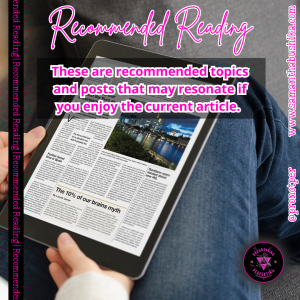

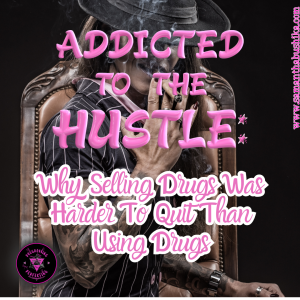



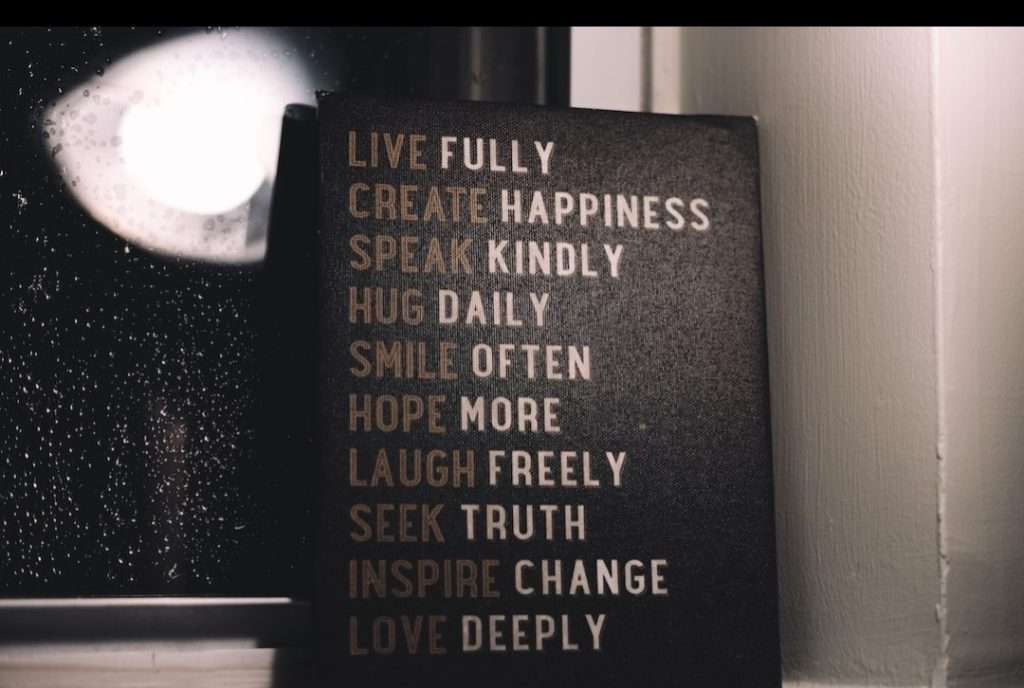
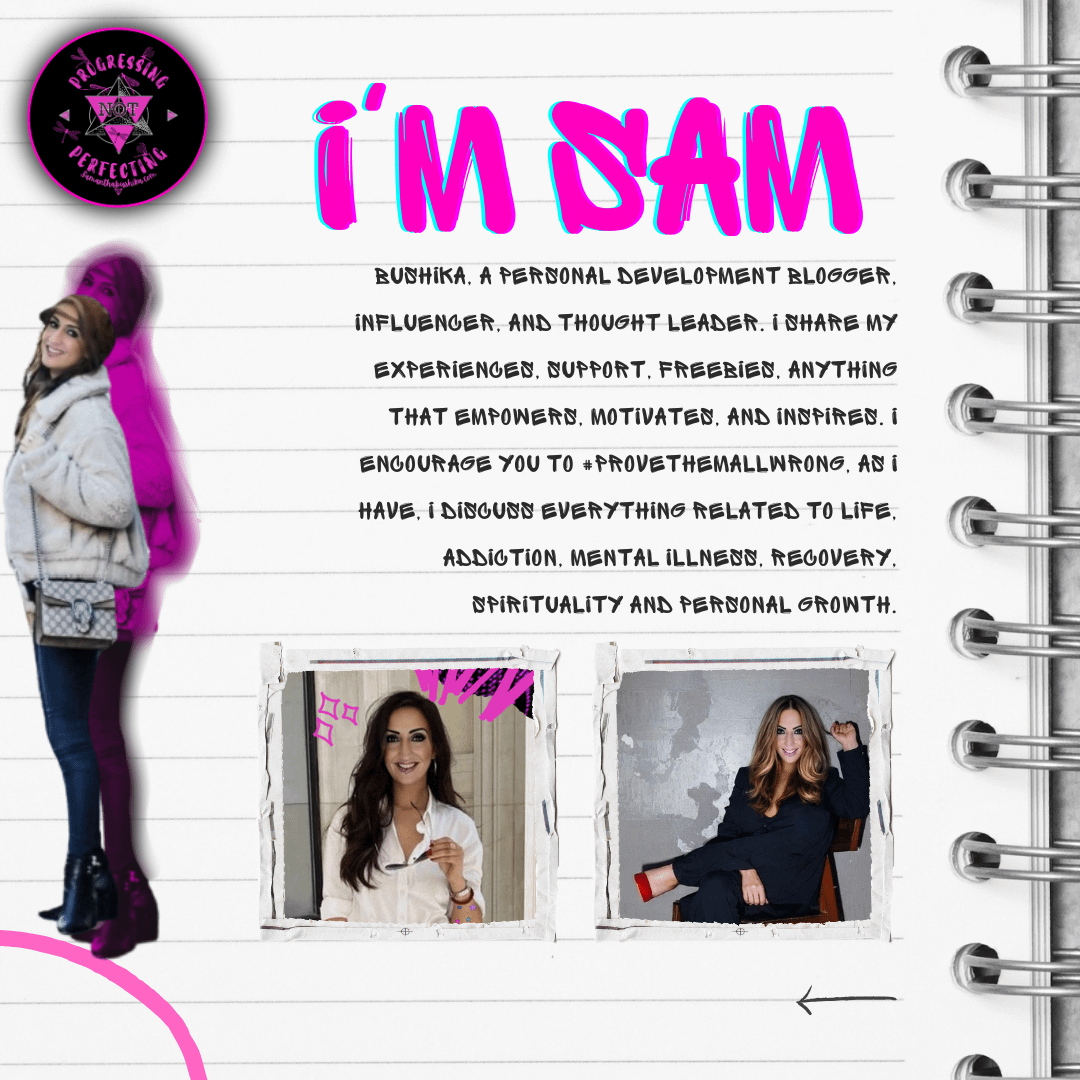
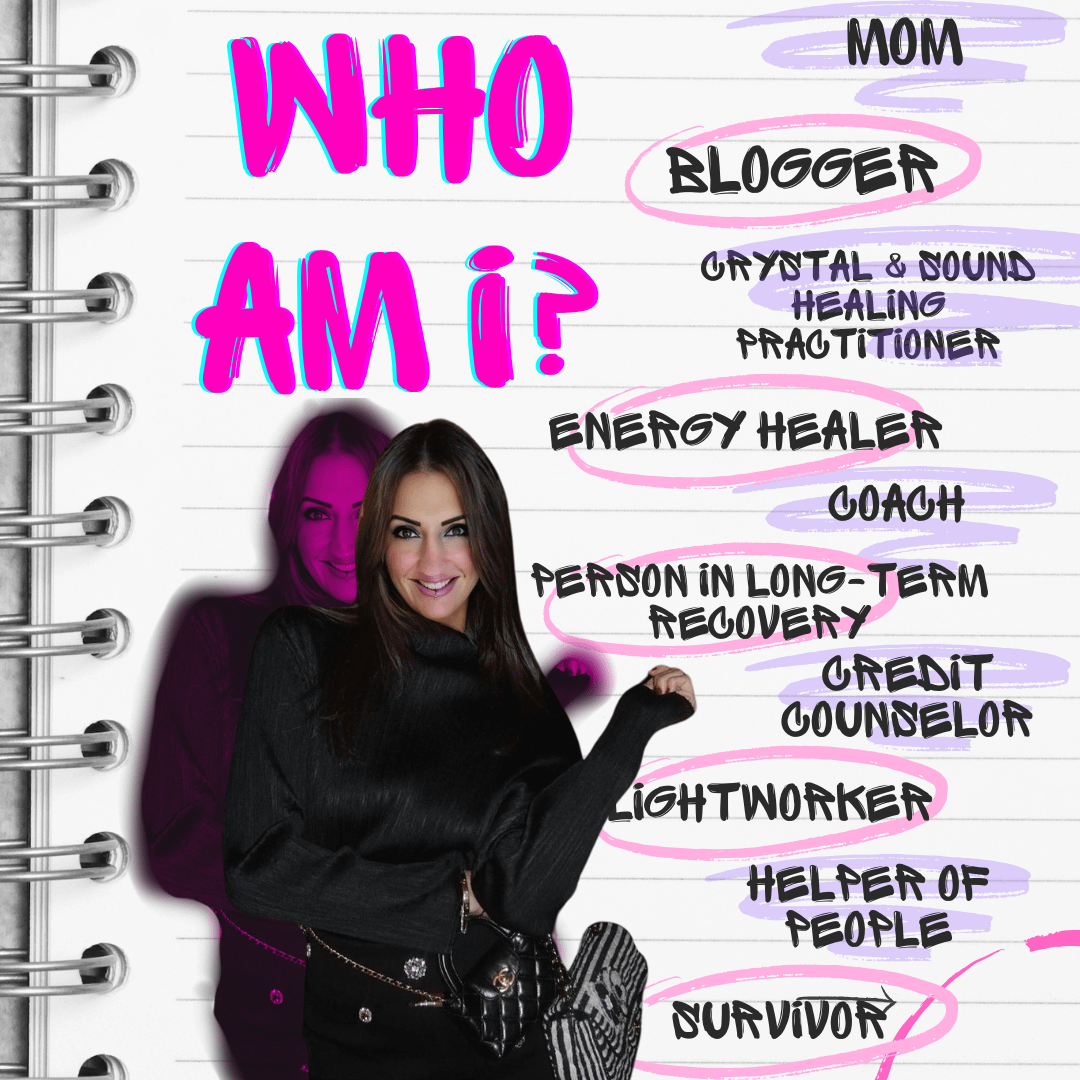
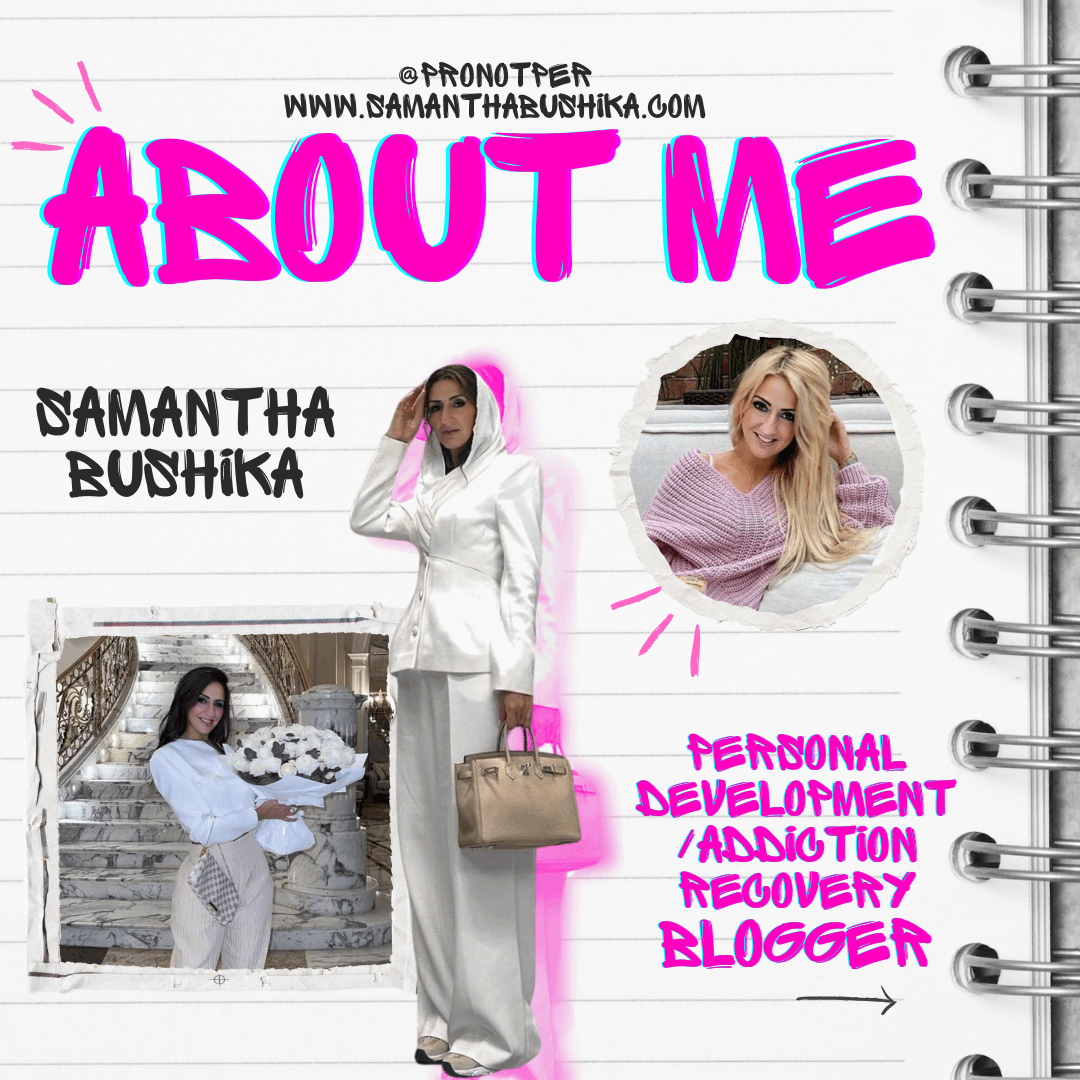




























0 Comments